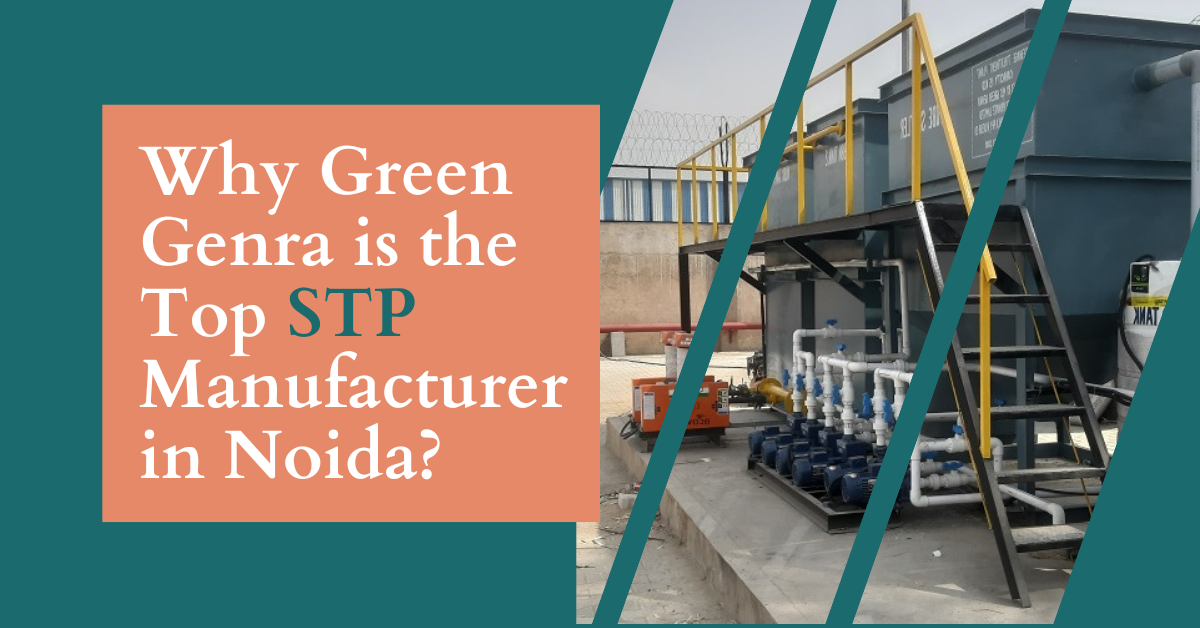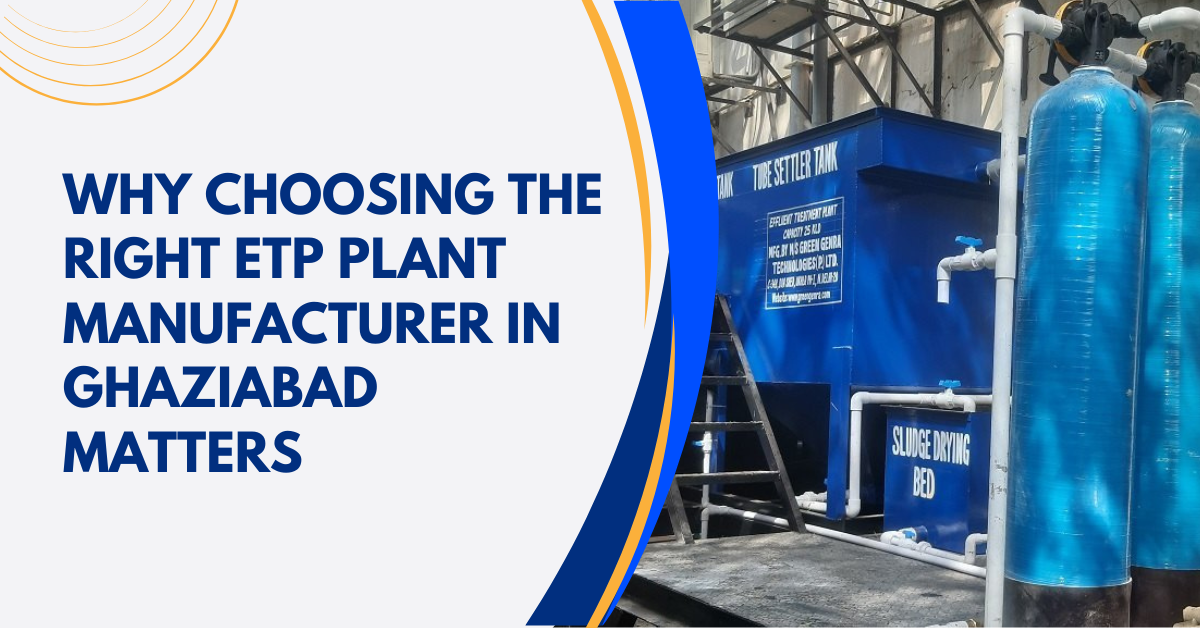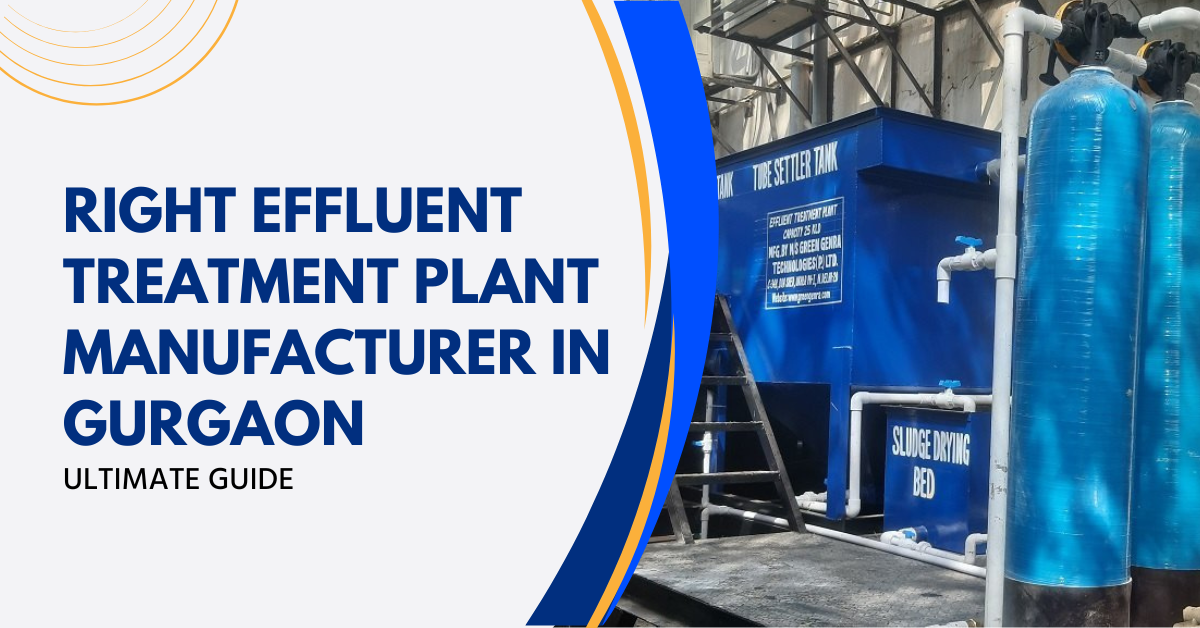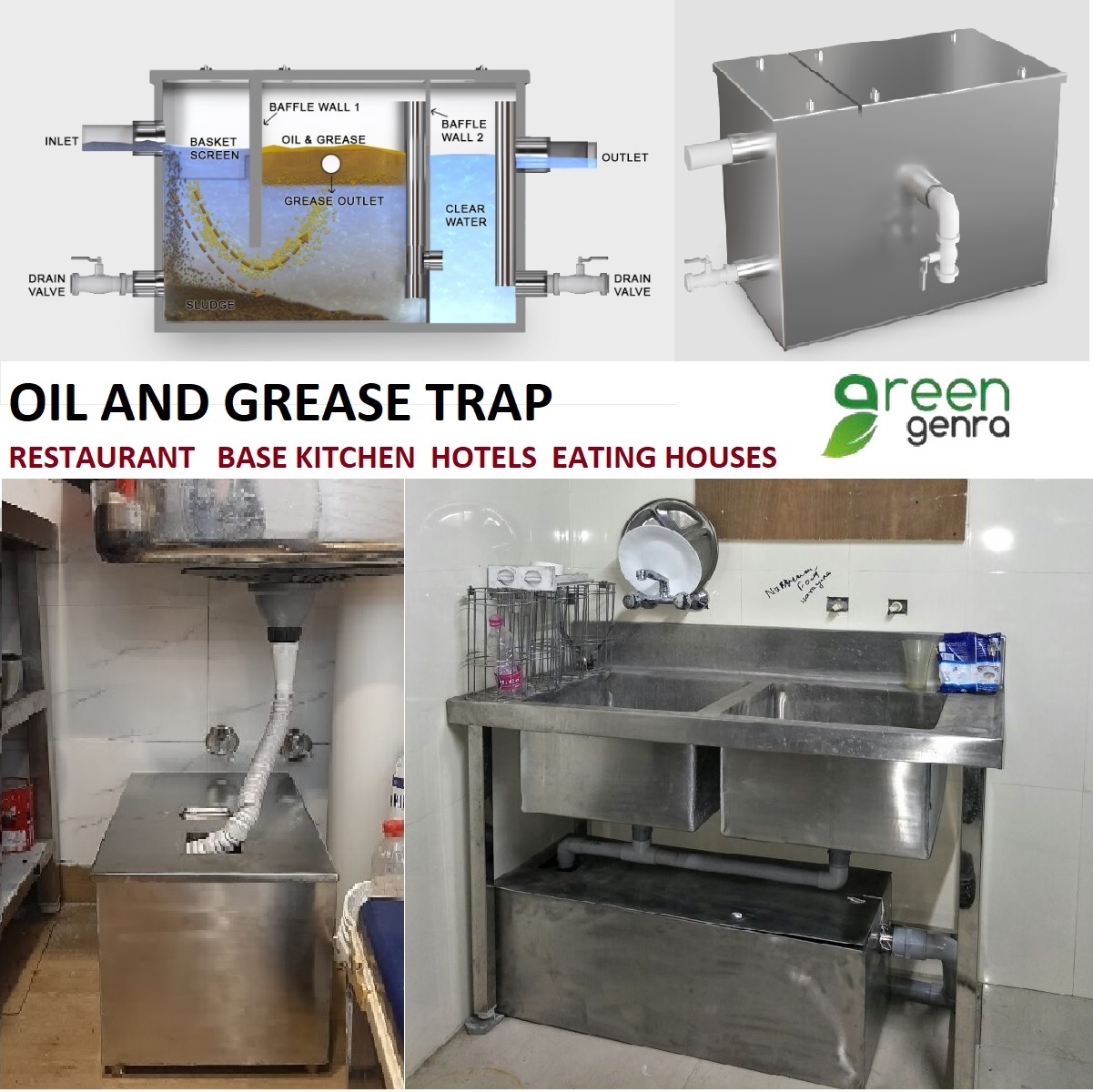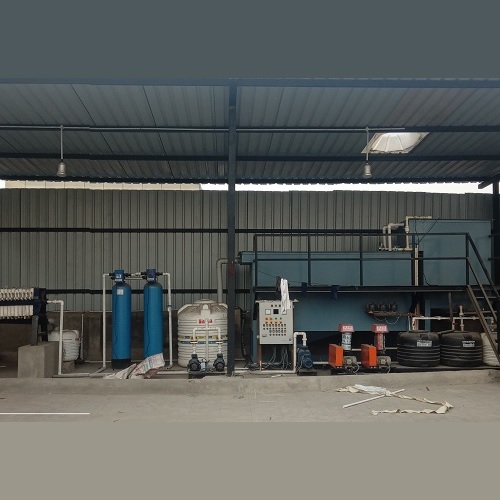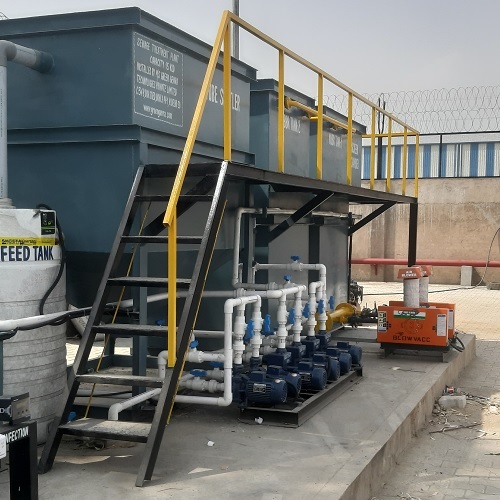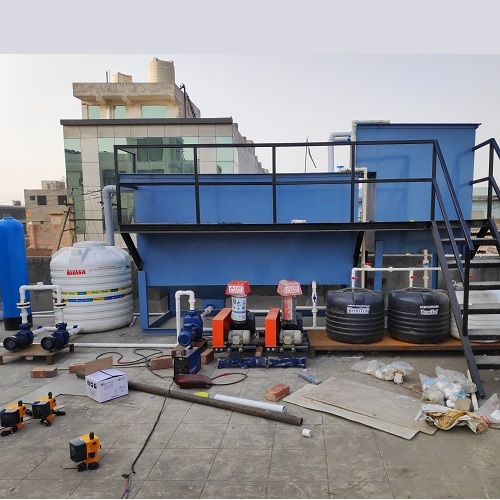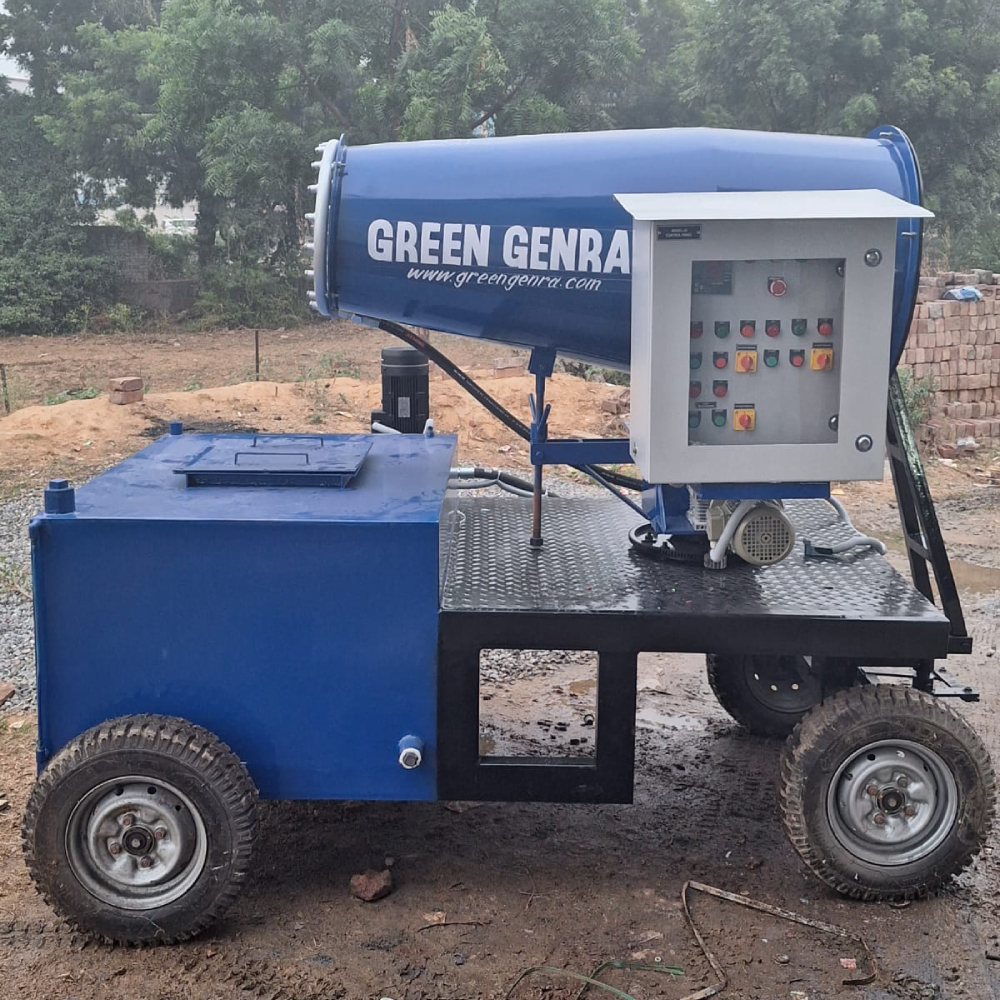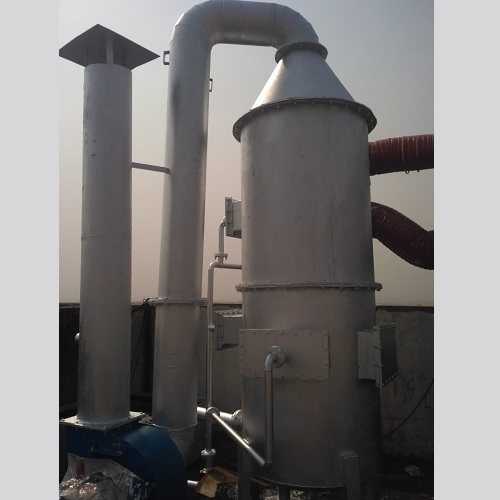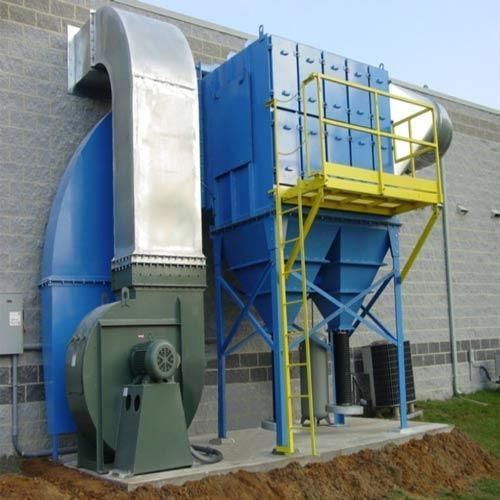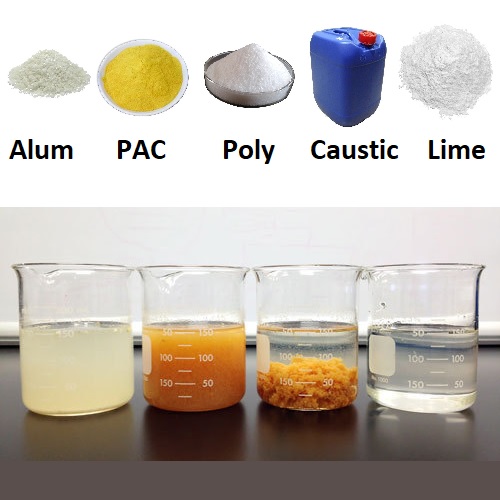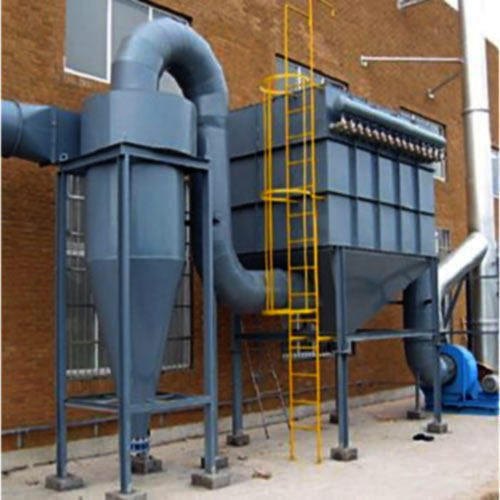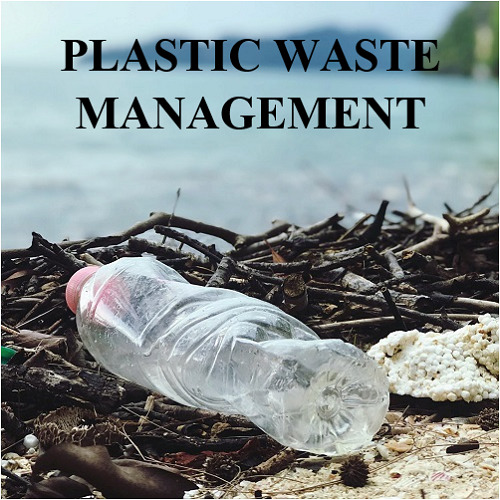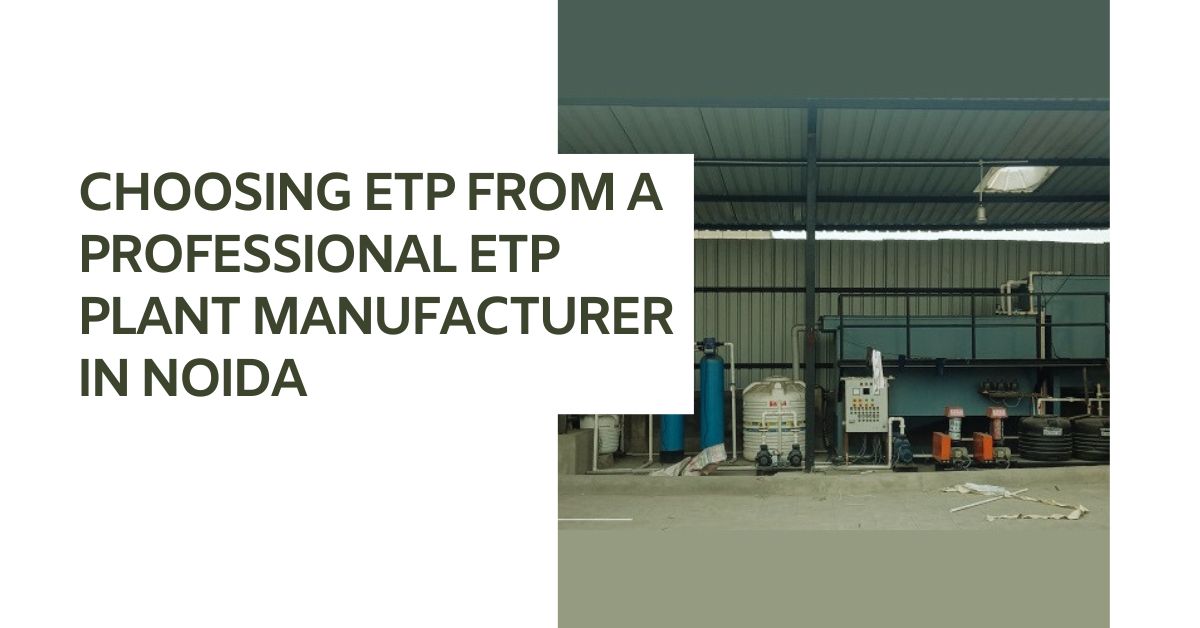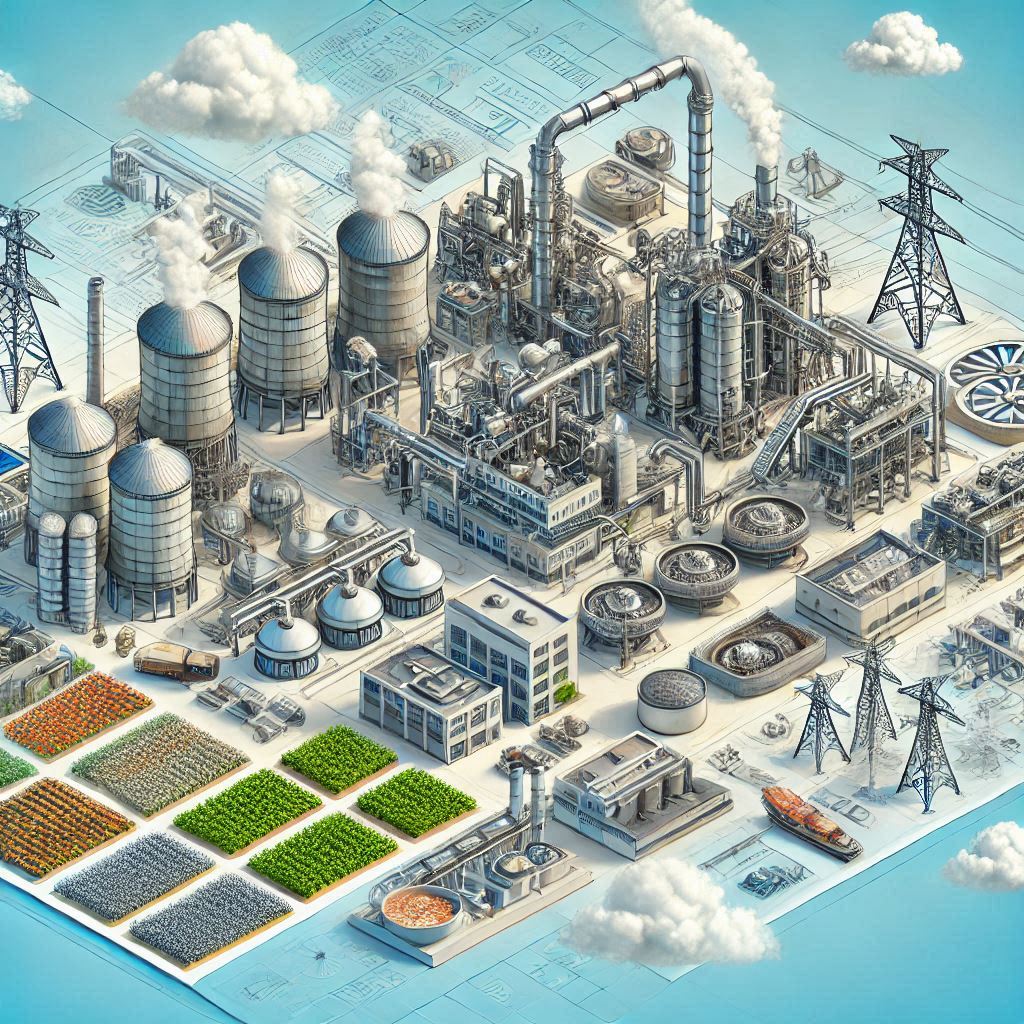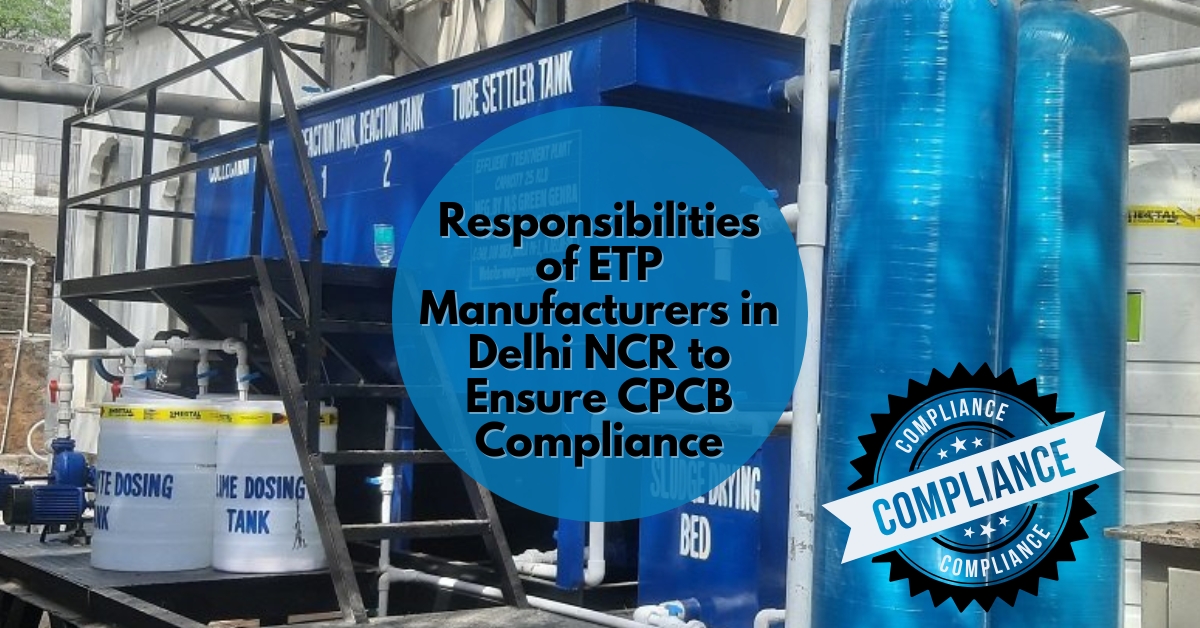Water Expo 2025 in New Delhi 28-30 August 2025 | Pragati Maidan, New Delhi India 20th Everything About Water Expo 2025 ...
How DPCC Impacts Industrial Operations?
With the increasing pollution levels of the National Capital, Delhi, DPCC, and The Delhi Pollution Control Committee, a critical regulatory authority is formed to frame strategies to control pollution.
DPCC plays a key role in shaping the industrial operations in Delhi. As industries expand, the need for strict environmental regulations has become more important now than ever before to maintain a sustainable balance of economic development and environmental preservation.
DPCC regulates waste management, industrial pollution and air and water quality in the National Capital Territory of Delhi.
DPCC Overview
DPCC was established in 1991 under the Air and Water (Prevention and Control of Pollution) Acts. The committee mandates include overseeing pollution control measures in various sectors, including industrial operations.
DPCC monitors emissions, effluents, and waste disposal practices, ensuring industries comply with environmental standards.
What are DPCC's Primary Objectives are-
- Monitoring air and water quality in industrial zones.
- Enforcing environmental laws to reduce pollution.
- Implementing waste management policies.
- Granting and Renewing Consent to Establish (CTE) and Consent to Operate (CTO) for industries.
- Creating awareness among the public through awareness programs convincing them to use CFL bulbs, paper bags, car-pooling, use public transportation and not use fire-crackers.
- To lay down some guidelines for industries and health care establishments to minimize environmental pollution in Delhi as per the Master Plan Delhi, 2021.
What are the main functions of DPCC?
- DPCC provides recommendations to the Delhi Government on matters concerning prevention and control of water and air pollution.
- It organizes consumer awareness programs on the prevention and control of air and water pollution and waste management through mass media.
- To collect, compile, and prepare statistical and technical data about air and water pollution.
- Help in developing cutting-edge technology for the treatment of sewage trade effluents and control equipment.
- Issue DPCC certificates to industries falling into different categories such as Red, Orange, Green and White.
- Issue the authorization to industries and health care facilities, failing in bio-medical waste authorization, hazardous waste management authorization, plastic waste management, battery waste management and E-Waste Authorization.
How DPCC's pollution control guidelines make industries plan and implement their operations in
- Air Pollution Control: Industries are required to install air pollution control devices such as scrubbers to minimize emissions. They must regularly monitor and submit air quality data to DPCC.
- Water Pollution Control: Facilities including manufacturing, car-cleaning and more must install an Effluent Treatment Plant to treat their industrial wastewater before discharge. DPCC monitors whether the wastewater is discharged according to the norms specified ensuring the industries do not contaminate water bodies.
- Waste Management: DPCC enforces proper hazardous waste management protocols including the safe disposal and recycling of industrial waste. Industries must adhere to waste minimization and norms stated in the Hazardous Waste Management Rules.
DPCC Content Certificate (NOC)
The most significant ways DPCC impacts industrial operations is through its Content To Establish (CTE) and Content to Operate (CTO) processes. Industries are not allowed to commence their operations in Delhi without obtaining these clearances.
- Consent To Establish (CTE): Industries must apply for CTE before the construction or modification of any facility. DPCC reviews the proposed industrial activities to ensure they meet environmental safety and pollution control norms. Consent to Establish mandates the installation of pollution control devices and mandates the industries to adhere to the zonal norms.
- Consent to Operate (CTO): After the set-up of the industry, the CTO is required to begin operations. The DPCC inspects the facilities to check if pollution control systems are functioning as per the ecological regulations. Failure to comply with these standards can result in the suspension or rejection of the CTO.
The DPCC regulations ensure that industries operate in an eco-friendly responsible manner that can impact timelines, operational planning and capital expenditure.
What are the procedures for obtaining a DPCC License?
The Delhi Pollution Control Committee (DPCC) regulates pollution control measures for industries operating in Delhi. To legally operate and maintain compliance with environmental norms, industries must obtain a DPCC license in the form of CTE and Consent to Operate.
1. Industry Classification: It is important to look at the activity of the business. The industry must confirm which category it belongs to. After understanding their category, businesses can apply for a DPCC certificate.
Industries are classified based on their pollution potential-
- Red Category means highly polluting industries with a pollution level of more than 60. They are not allowed to operate within the jurisdiction of Delhi.
- Orange Category entities are moderately polluting industries with a pollution index under 41 to 59. They need to submit a consent certificate before establishing the industry.
- Green Category industries are less polluting industries with a pollution index under 21 to 40.
- White Category industries are the least polluting industries with a pollution index between zero to 20.
2. Submit Documents: Before applying for a DPCC License make sure you have the following documents prepared-
- Application Form: DPCC requires the applicant to fill out a specific form for CTE or CTO that can be accessed from the DPCC website.
- Project Report: A detailed project report on your industry including the site location, production processes and pollution control measures.
- Proof of Ownership: Copy of property papers or rental or lease agreement where your industry will operate.
- Aadhar or Pan Card: Of the applicant or the authorized signatory.
- Industry Layout Plan: A detailed layout plan showing industrial plant layout, pollution control methods and ETPs installed (if applicable).
- NOC: In some cases, the industry needs to obtain NOC from the local government or regulatory bodies.
- Water/Air Pollution Control Measures: Detailed specifications of pollution control measures installed.
Any other additional documents may be requested by the authority.
3. Consent To Establish: It is important to apply for Consent to Establish from DPCC before establishing an industrial unit in Delhi. The process ensures that the proposed industry complies with the environmental regulations.
- Register Online: Log in to the official website of the DPCC using your identity proof Aadhar or PAN card.
- Fill in the application form: Provide details such as name and location of the industry, category and pollution control measures. Upload the required documents including project report and layout plan.
- Fees: Pay the applicable fees based on the industry category and size.
- Submission: Fill out the form, pay the required fees and submit the application online.
- Site Inspection: After the submission of the application, DPCC officials will visit your site and conduct a thorough inspection. They will verify the project complies with the pollution control norms.
After the inspection, DPCC will reject or grant the CTE. If approved, the industry can proceed with the construction or establishment of the unit.
4. Consent to Operate: The next step is to apply for CTO before starting operations. The Consent to operate ensures that all the pollution control devices and norms are functioning as per the guidelines.
- Registration Online: Visit the DPCC website and create an account using your proof of identity- Aadhar Card or PAN card and register the same.
- Submit CTO application: Fill in the CTO application form and provide details of the industry, pollution control norms and pollution monitoring systems installed.
- Upload Documents: Along with the CTO form, submit copies of the CTE approval, ETP/Air pollution Control Devices and compliance report.
- Fees: Pay the applicable fees for the CTO according to your industry category and pollution level.
- Site Inspection: DPCC officials will visit the industrial site to check if the pollution control measures are installed and working efficiently. They assess the air and water pollution levels.
- Grant Consent:After the successful inspection, the DPCC will grand the CTO, allowing you to legally operate the industrial unit.
Industries are required to submit regular reports on air and water pollution levels to the DPCC. Failure to comply with the pollution control standards may invite fines, legal action or suspension of the DPCC license.
What are the challenges faced by the DPCC in regulating industries to combat pollution?
DPCC plays a key role in controlling and regulating industrial pollution in Delhi. Despite its efforts to maintain a sustainable balance between industrial growth and environmental preservation, DPCC faces many challenges including-
- Non-Compliance by Small and Medium-Sized Industries: Small and medium-sized enterprises often find it tough to comply with the strict environmental regulations imposed by DPCC. Many such industries lack the financial resources to install expensive pollution control devices. Also, they may not have the technical expertise to fully understand and implement pollution control measures. Many small and medium-sized industries in Delhi may not be aware of the full extent of DPCC guidelines.
- Inadequate infrastructure for waste management: One of the main challenges DPCC faces is the inadequate infrastructure for proper waste management, especially hazardous waste. Delhi lacks a sufficient number of well-equipped waste treatment facilities, thus many industries struggle to dispose of their waste properly. Also, industries fail to segregate hazardous and non-hazardous waste, creating challenges for DPCC to monitor and enforce proper waste management practices.
- Technological gaps in pollution control: Many industries operate using outdated technologies that are not equipped to meet modern pollution control standards. These industries do not upgrade their technologies because of high costs. Also, because of associated costs and logistical challenges industries logistical challenges and associated costs, industries hesitate to implement pollution control measures.
- Lack of Man Power: DPCC often operates with limited manpower and financial resources, making it difficult to monitor and regulate umpteen numbers of industrial units across Delhi effectively. It also lacks modern monitoring tools, such as continuous emission monitoring measures that could help provide real-time data on industrial pollution levels. This minimizes the effectiveness of its regulatory efforts.
- Illegal industrial operations: Unregistered or illegal industrial units are a major challenge to regulate the framework of DPCC pan Delhi. Such units often operate without obtaining the necessary license or environmental clearance and do not adhere to the DPCC pollution control guidelines. They operate without the knowledge of DPCC and often contribute to the significant levels of pollution, in areas outside the industrial zones. The illegal industries also evade inspections and monitoring making it challenging for DPCC to identify and regulate them effectively.
- Air and Water pollution in surrounding states: The air and water pollution in Delhi is also affected by the industrial activities in neighbouring states like Uttar Pradesh and Haryana. Industries operating near the Delhi border often contribute to air and water pollution, limiting DPCC’s control over the pollution sources.
DPCC faces many challenges in regulating industries and combating pollution in Delhi. However, it can overcome these challenges with strong enforcement, technological upgrades and better coordination between the regulatory bodies and play a key role in curbing industrial pollution in the national capital.
FAQs
1. What is the objective DPCC License?
The objective of the DPCC License is to regulate and control industrial pollution in Delhi by ensuring that industries comply with environmental standards.
2. What is a DPCC Consent Certificate?
It is a legal approval issued by DPCC, allowing the industries to operate while adhering to environmental norms and pollution control standards.
3. What are the main categories of industries?
The industries are classified into four main categories including the red category, orange category, green category and white category.
4. How are industries impacted by DPCC certificates?
Industries in Delhi are impacted by the DPCC certificate as it mandates compliance with the environmental norms, ensuring they operate sustainably and within the pollution control norms, which can affect operational costs and processes.
5. What is Consent to Operate?
CTO is an approval granted by the DPCC, allowing the industries to operate legally adhering to the prescribed environmental norms.
6. What is Consent to Establish?
CTE is a prerequisite approval from DPCC that businesses must obtain before starting construction or setting up operations, ensuring their compliance with environmental and pollution control norms.

































Green Genre is one of the best STP manufacturers in Noida that designs, produces and installs sewage treatment plants in vari...
Effluent Treatment Plants or ETPs are important for industries in Ghaziabad to ensure environmental compliance ensuring effec...
An effluent Treatment Plant or ETP is a crucial investment for industries seeking to manage wastewater according to environm...
ETP or the Effluent Treatment Plant is designed to treat industrial wastewater by removing harmful chemicals, contaminants an...
Food processing plants face significant challenges in managing industrial wastewater. These facilities use large volumes of w...
The primary goal of effluent treatment plants is to ensure industrial wastewater becomes safe before environmental release. T...

